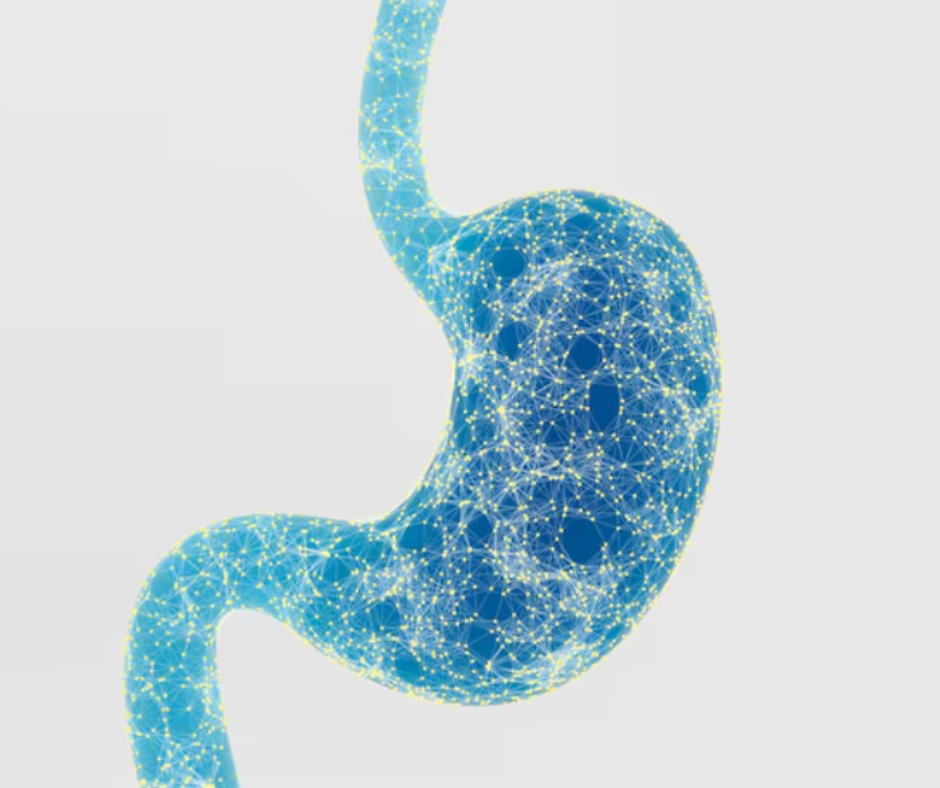Why You Should Consult a Liver Transplant Physician
- livercarecenter23
- Oct 23, 2025
- 2 min read
Severe liver diseases such as cirrhosis, acute liver failure, hepatitis, and hepatocellular carcinoma can significantly impact health and quality of life. In many cases, liver transplantation becomes the only life-saving solution. Consulting a liver transplant physician early ensures timely evaluation, proper treatment, and improved patient outcomes.
Understanding the Role of a Liver Transplant Physician
A liver transplant physician, also known as a transplant hepatologist, is a specialist who manages patients with end-stage liver disease. Their responsibilities include:
Evaluation of Candidates: Determining who qualifies for a liver transplant based on liver function, overall health, and comorbidities.
Pre-Transplant Management: Optimizing patient health, addressing complications, and educating patients and families.
Surgical Coordination: Working closely with transplant surgeons and medical teams during the transplant procedure.
Post-Transplant Care: Monitoring liver function, adjusting medications, preventing complications, and providing lifestyle guidance.
Long-Term Follow-Up: Ensuring graft survival and overall wellness of the patient.
Signs That You May Need a Liver Transplant
Patients may require consultation if they experience:
Severe jaundice (yellowing of eyes or skin)
Persistent fatigue or weakness
Swelling in the abdomen or lower limbs
Unexplained weight loss
Digestive issues, nausea, or vomiting
Advanced liver disease or liver cancer
Diagnostic Procedures
Before a transplant, physicians conduct several assessments:
Blood Tests: To measure liver enzymes, bilirubin, and coagulation profile.
Imaging: Ultrasound, CT scans, or MRI to evaluate liver size, structure, and complications.
FibroScan: Non-invasive test to measure liver stiffness and fibrosis.
Liver Biopsy: Determines the extent of liver damage.
Viral Markers: Tests for hepatitis B, hepatitis C, and other infections.
Pre-Transplant Preparation
A liver transplant physician ensures patients are well-prepared for surgery:
Optimizing nutrition and managing comorbidities
Cardiopulmonary assessment to reduce surgical risks
Counseling on procedure details, recovery, and lifestyle changes
The Liver Transplant Procedure
Liver transplant surgery may be performed using:
Living Donor Liver Transplant: A portion of the liver is donated by a healthy individual. Both livers regenerate over time.
Deceased Donor Liver Transplant: A whole or partial liver is transplanted from a brain-dead donor.
The procedure requires meticulous planning, teamwork, and precision to minimize risks and ensure successful outcomes.
Post-Transplant Care
Post-operative care is essential for recovery and long-term survival:
Monitoring in the ICU for early complications
Immunosuppressive medications to prevent graft rejection
Infection prevention and management
Routine liver function tests and follow-up visits
Dietary guidance and lifestyle modifications
Preventive Measures for Long-Term Health
Even after a successful transplant, maintaining liver health is critical:
Balanced diet with vegetables, fruits, and lean proteins
Regular physical activity to maintain overall wellness
Avoiding alcohol and hepatotoxic medications
Vaccinations to prevent infections
Regular monitoring for early detection of complications
Choosing the Right Liver Transplant Physician
When selecting a liver transplant physician, consider:
Expertise in liver transplantation and patient management
Access to advanced diagnostic and surgical facilities
Multidisciplinary care approach
Personalized attention and patient education
Conclusion
Consulting a liver transplant physician is crucial for patients with severe liver disease. Their expertise ensures proper evaluation, surgical success, and long-term post-transplant management. Early intervention significantly enhances survival rates, minimizes complications, and ensures the patient’s liver health is maintained over the long term.



Comments